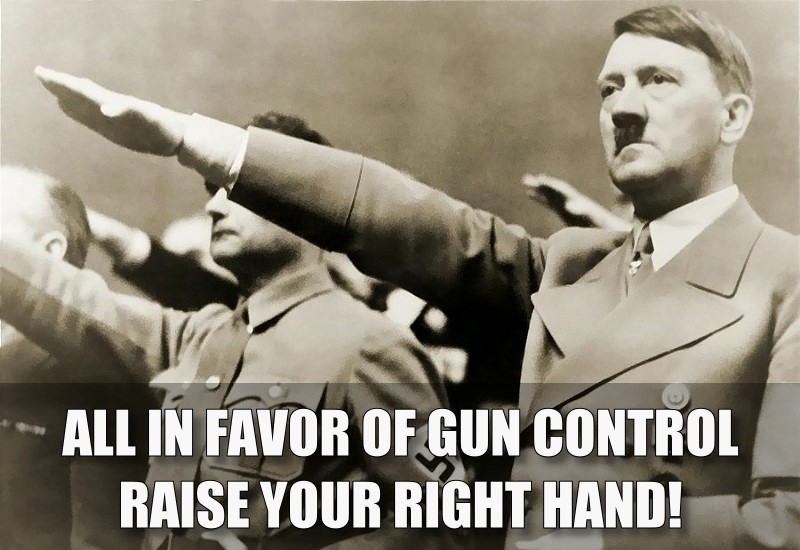Throughout history, certain men have harbored what can only be described as a sinister desire for global domination — a drive to exert control over entire populations for reasons that go far beyond the ordinary. Figures like Klaus Schwab, George Soros, Adolf Hitler, and Bill Gates have become symbols of this dark ambition, each in their own way shaping the world to fit their personal visions. But what compels these individuals to seek such extreme levels of power? What motivates their relentless pursuit to control people’s lives on a massive scale?
The Insatiable Hunger for Power
At the core of this phenomenon is an insatiable hunger for power. Power is the ability to control the actions and thoughts of others, and these men seem to crave it more than anything else. Klaus Schwab, the founder of the World Economic Forum (WEF), has pushed forward with ideas like the “Great Reset,” a plan that he claims is designed to rebuild the world’s economic and social structures. However, many view this initiative as a veiled attempt to centralize control under a new global order that serves the interests of the elite.
George Soros, a billionaire with a history of meddling in global politics, uses his wealth to influence political systems under the guise of promoting democracy and open societies. While he talks about transparency and human rights, his actions often suggest a more sinister agenda: one where he is the puppet master, pulling the strings behind the scenes to advance his own vision.
Then there’s Adolf Hitler, who pursued a nightmarish vision of Aryan supremacy and total domination. His regime’s brutality and genocidal policies were clear indications of a man who would stop at nothing to impose his will on the world.
Bill Gates, often seen as a tech visionary and philanthropist, has also joined the ranks of those who are eager to reshape the world in their image. Through his foundation, Gates has heavily invested in global health initiatives. On the surface, this appears benevolent, but critics argue that his actions are less about altruism and more about gaining control over global health policy. His involvement in vaccine distribution and health surveillance raises questions about the extent of his influence and whether his intentions are truly as pure as they seem.
The Obsession with a Singular Vision
A troubling similarity among these men is their obsession with a singular vision for the world. This vision is typically presented as the solution to global problems, but it comes with a dark edge—one where their ideas override the will of the people. Schwab envisions a world where global elites dictate economic and social policies, supposedly for the greater good. Soros pushes for a globalist agenda that seems more interested in undermining national sovereignty than promoting genuine democracy.
Adolf Hitler’s vision was the most horrific, advocating for a world purged of those he deemed undesirable, under a totalitarian regime. His fanaticism drove him to commit unspeakable atrocities, all in pursuit of a twisted idea of racial purity and national greatness.
Bill Gates’ vision, although less overtly terrifying, also raises concerns. His relentless promotion of technological solutions to global problems—whether in health, education, or agriculture—suggests a belief that he knows what’s best for humanity. His significant influence over international health policy, achieved through vast financial contributions, allows him to shape decisions in ways that may benefit his interests or those of his allies more than the general public.
The Deep-Rooted Need for Domination
This lust for control often stems from a deep-rooted psychological need for domination. Some people are driven by a compulsion to impose their will on others, believing they are inherently superior or uniquely qualified to lead. Hitler’s early failures and subsequent rise to power have been well-documented as stemming from personal vendettas and a desire to prove his worth by dominating others.
Klaus Schwab and George Soros, despite their outward appearances of civility and intellect, may also be driven by such compulsions. Schwab’s background in engineering and economics and Soros’s in finance have perhaps fostered an overinflated sense of their ability to predict and manipulate global trends. Both men seem to believe they possess a rare insight that justifies their efforts to control.
Bill Gates, with his tech background, similarly seems to believe in his unique ability to solve the world’s problems through technology. His rise in the tech industry, marked by aggressive business tactics and an insatiable appetite for dominance, hints at a man who is not just interested in innovation but in controlling the narrative and direction of global development.
The Dark Allure of Legacy
For many of these men, the desire to control is closely linked to the desire for legacy. They want to be remembered not just as influential, but as the architects of a new world order. Klaus Schwab’s efforts with the World Economic Forum suggest he wants to leave behind a legacy as the man who redefined capitalism and governance. Soros’s extensive funding of political causes implies a desire to be seen as a pioneer of global democracy, albeit on his terms.
Adolf Hitler’s pursuit of a thousand-year Reich was driven by a monstrous desire for a legacy of supremacy and terror. He sought to etch his name into the history books, regardless of the cost in human lives and suffering.
Bill Gates, through his foundation, has positioned himself as a savior of global health. However, this pursuit of legacy could be masking a more troubling ambition: to be seen as the one who dictated the terms of the future of human health, all while operating behind a façade of philanthropy. His focus on technology-driven solutions and data collection methods has raised concerns about privacy, autonomy, and who truly benefits from these initiatives.
The Craft of Manipulation
Manipulation is a crucial tool for those who seek to control the masses. Through the careful crafting of messages, the selective use of data, and the manipulation of media, these men have maintained their influence. Schwab uses the World Economic Forum as a platform to project his vision of the future, often presenting it as the only rational path forward. Soros funds media outlets and political movements that promote his worldview, creating an echo chamber that amplifies his ideas.
Hitler’s use of propaganda was masterful and terrifying, bending reality to suit his goals and suppressing any opposition through fear and violence.
Bill Gates, with his extensive funding of health initiatives and technology, shapes public opinion through his influence on media and policymakers. His investments in technology and health not only serve to promote his agenda, but also to ensure that his solutions are seen as the only viable options. By positioning himself as a benevolent figure, he deflects scrutiny, allowing him to operate with a level of freedom and influence that few others can match.
The Paralyzing Fear of Losing Control
A driving force behind the actions of these men is the fear of losing control. Once someone has tasted the power to shape the world, the thought of relinquishing that power becomes terrifying. This fear can drive them to take extreme measures to maintain their influence, often at the expense of freedom and democracy.
Schwab, Soros, Hitler, and Gates, despite their different methods and ideologies, all share this fear. They are willing to go to great lengths to protect their vision, even if it means imposing their will on others by force, manipulation, or control over resources. They believe that losing control is not just a personal failure, but a threat to the world they have sought to create.
Conclusion
The desire to control others is rooted in a complex mix of psychological needs, ideological beliefs, and a quest for legacy. Klaus Schwab, George Soros, Adolf Hitler, and Bill Gates, despite their differing backgrounds and stated goals, all share different shades of this same dark ambition. They believe in their vision with a fanaticism that justifies any means, no matter how sinister. Their actions serve as a reminder that when power is concentrated in the hands of a few, the potential for abuse becomes not just a possibility, but a chilling certainty. The desire to rule and control is not just about wielding influence; it’s about reshaping the world to fit a vision that may ultimately serve only the few, at the expense of the many.


